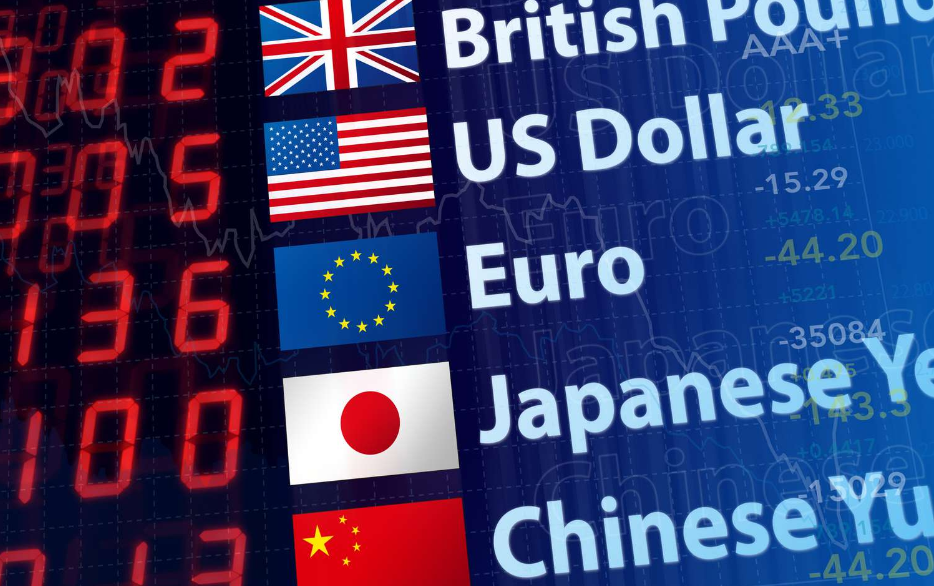The foreign exchange (forex) market is a global marketplace where currencies are traded, making it one of the largest and most liquid financial markets in the world. Participants in this market come from various backgrounds and have different motivations for trading. Understanding the types of market participants is crucial for grasping how the forex market operates. In this article, we’ll delve into the various categories of participants that make the forex market a dynamic and vibrant arena for trading.
1. Retail Traders
Retail traders are individual traders who participate in the forex market from the comfort of their homes or offices. They enter the market through online brokers and trading platforms. Retail traders are attracted to forex trading for its accessibility and the potential for profit. While many retail traders are individuals, some may represent small businesses or investment groups. If you are a beginner level trader, you can find the best forex trading course to make you more knowledgeable and skillful to make the best trade.
2. Institutional Traders
Institutional traders are entities that engage in forex trading on a professional level. This category includes:
Banks: Commercial and investment banks play a significant role in the forex market. They facilitate transactions for their clients, manage their own accounts, and provide liquidity to the market.
Hedge Funds: Hedge funds are investment firms that manage capital from high-net-worth individuals and institutional investors. They often engage in speculative trading strategies in the forex market to generate returns.
Asset Managers: Asset management companies oversee investment portfolios for clients, including forex trading. These managers make decisions on behalf of their clients to achieve specific financial goals.
Corporations: Multinational corporations engage in forex trading to hedge against currency risk or to facilitate international trade. They often use forex markets to exchange one currency for another.
3. Central Banks
Central banks are governmental institutions responsible for a country’s monetary policy. They participate in the forex market to regulate their national currency’s value. Central banks often use foreign exchange reserves to stabilize exchange rates or address economic issues like inflation or recession.
4. Market Makers
Market makers are essential players in the forex market, acting as intermediaries between buyers and sellers. These financial institutions or brokers facilitate the smooth operation of the market by providing liquidity. Here’s how market makers work:
Bid and Ask Prices: Market makers quote two prices, the bid (the price at which they’ll buy a currency pair) and the ask (the price at which they’ll sell). The difference between these prices is known as the spread.
Continuous Quotes: Market makers continuously provide buy and sell quotes for various currency pairs, ensuring there’s always a market for traders to enter or exit positions.
Profit from Spread: Market makers profit from the spread, aiming to buy low and sell high. They may adjust their quotes based on market conditions.
Reduced Risk: By providing liquidity, market makers help reduce price volatility and enhance market stability.
Counterpart to Every Trade: Market makers are willing to take the opposite side of a trader’s position, ensuring that orders are matched promptly.
Market makers play a crucial role in ensuring a functioning and efficient forex market, making it accessible and responsive to traders worldwide.
5. High-Frequency Traders (HFTs)
High-frequency traders use advanced algorithms and technology to execute a large number of trades within milliseconds. They aim to profit from small price discrepancies in the market. HFTs are known for their lightning-fast execution and can account for a significant portion of daily trading volume.
6. Algorithmic Traders
Algorithmic traders use computer programs to execute trading strategies automatically. These algorithms are designed to respond to market conditions, news events, or other predefined criteria. Algorithmic trading has become increasingly prevalent in the forex market due to its efficiency and speed.
7. Speculators
Speculators are traders who enter the market with the primary goal of making a profit from price movements. They don’t have a vested interest in the underlying currencies but rather seek to take advantage of market fluctuations. Speculators can include individuals, hedge funds, and other entities.
To sum up, the forex market’s diverse range of participants contributes to its dynamic nature. Understanding the roles and motivations of these participants is essential for anyone looking to navigate this complex financial arena. Whether you’re an individual trader, part of an institutional entity, or a central bank responsible for a nation’s monetary policy, the forex market provides opportunities for all to engage and potentially profit from the world of currency exchange.
